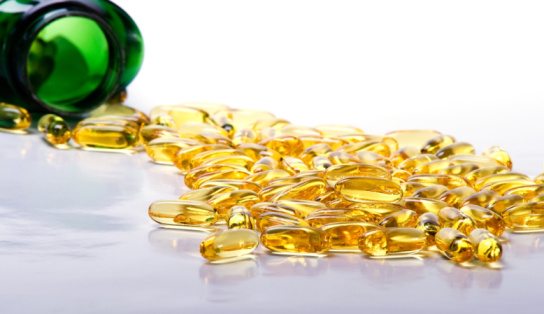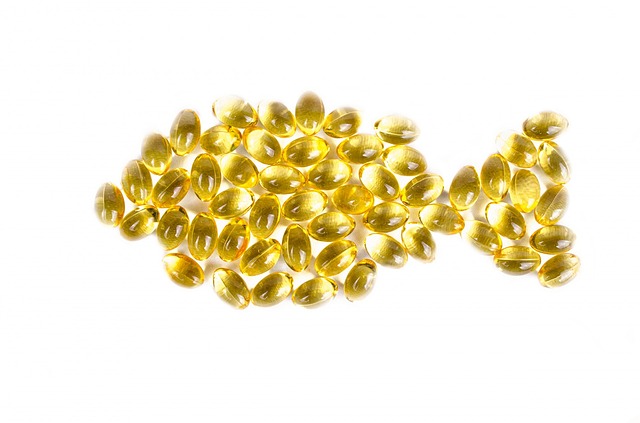Introduction
The long-chain omega-3 fatty acids EPA and DHA found in fish and fish oil supplements are absolutely critical to optimal brain function. A new study from the prestigious Oxford University in the UK found that the levels of EPA+DHA “significantly predicted” the ability of children between the ages of seven and nine to concentrate and learn.
Background Data:
The importance of EPA+DHA to brain function relates to their role in the composition of nerve cell membranes. A relative deficiency of omega-3 fatty acids in cellular membranes substantially impairs brain cell function.
Studies have shown that the EPA+DHA content in cell membranes in the brain directly influences neurotransmitter synthesis, signal transmission, uptake of serotonin and other neurotransmitters, neurotransmitter binding, and the activity of key enzymes that break down neurotransmitters like serotonin, epinephrine, dopamine, and norepinephrine.
Suffice it to say a lack of EPA+DHA leads to impaired brain function and plays a major role in attention deficit disorder, depression, and other psychological disturbances. EPA+DHA supplementation has been shown to improve these very same conditions.
New Data:
Researchers from Oxford University took blood samples from nearly 500 children between the ages of seven and nine to determine their omega-3 fatty acid status. The study found that higher levels of omega-3, particularly DHA, were associated with better reading and memory and fewer behavioral problems among the children examined. Lower levels were once again associated with more ADHD symptoms.
The blood samples of the British schoolchildren showed that the level of EPA+DHA reflected intakes well below the minimum recommended intake of these brain-critical fats: on average, the total levels of omega-3 fatty acids averaged 2.45%. The optimal level of omega-3 fatty acids recommended to prevent heart disease is 8%.
Dietary surveys collected from the parents showed that nine out of ten children in the study ate fish less than twice a week, and nearly one in ten never ate fish at all. Recommended weekly intake is a minimum of two fish portions a week. But, even then supplementation is advised by many health experts given the importance of EPA+DHA in children (and adults) – and not just for brain health, but also the health of the immune system, heart and vascular system, and every other body tissue.
Comment:
Once again here is a study highlighting how critical it is to supplement the diet with a high quality fish oil. For general health the recommend dosage of EPA+DHA is 1,000 mg per day. When there is greater need or in the treatment of health conditions shown to respond to fish oil supplementation the recommended level is 3,000 mg per day. These dosage levels apply to children as well.
Reference:
Montgomery P, Burton JR, Sewell RP, Spreckelsen TF, Richardson AJ. Low Blood Long Chain Omega-3 Fatty Acids in UK Children Are Associated with Poor Cognitive Performance and Behavior: A Cross-Sectional Analysis from the DOLAB Study. PLoS ONE 2013;8(6): e66697. doi:10.1371/journal.pone.0066697




